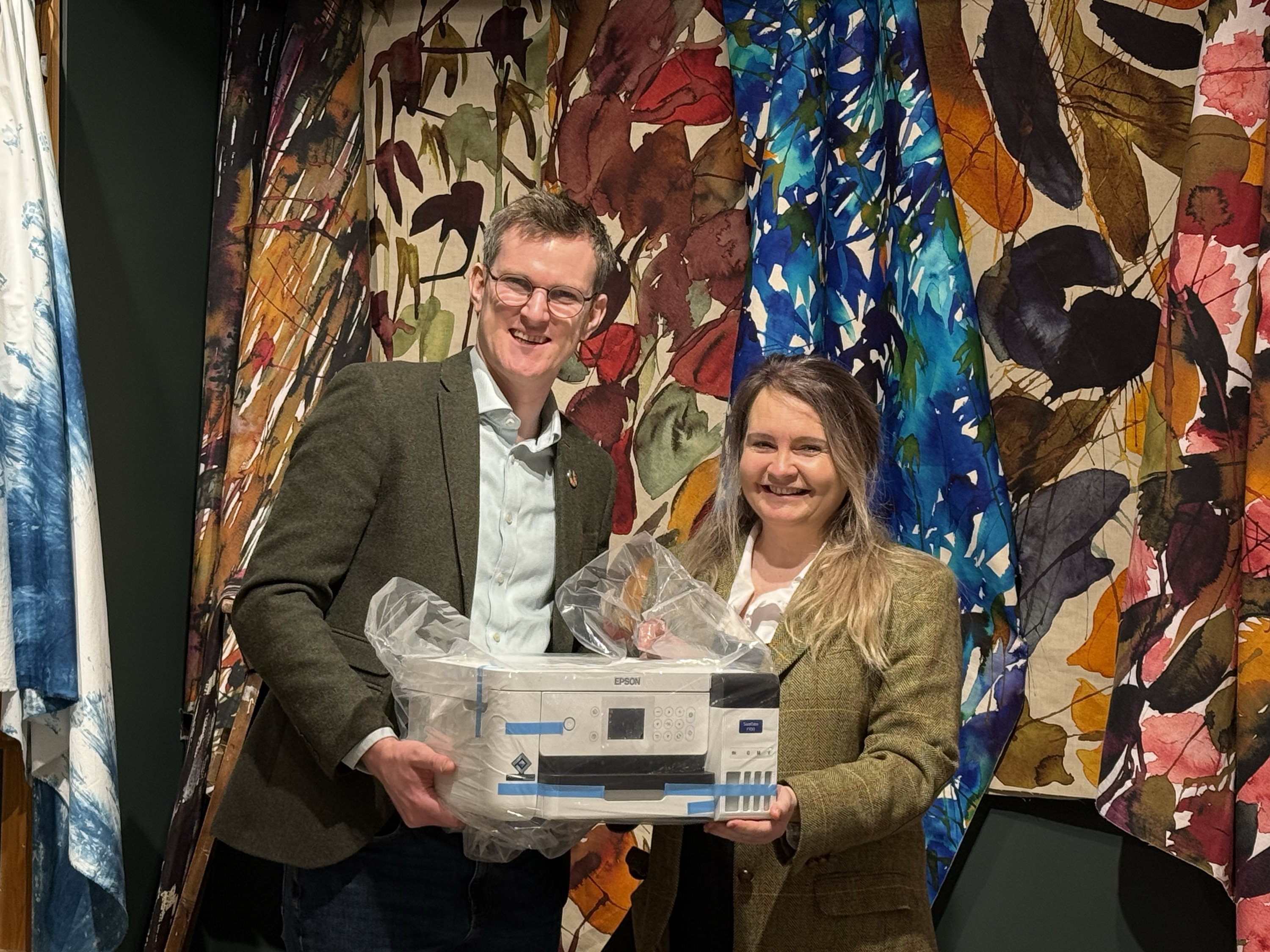FESPA Coffee Break: Ensuring customer satisfaction - Focus to hit the target!

In this FESPA Coffee Break, we’ll focus our discussion on workflow and the importance of understanding the customer expectations, and how to advise them on setting a quality target for production to achieve. We’ll consider the priorities for success, consistency, clarity, and measurement either on a job by job or workflow validation basis.
We have the benefit of two printing industry experts, Paul Sherfield, from The Missing Horse consultancy who well known in the printing and pre-media industry as having considerable knowledge on digital workflows, with special expertise on the business reasoning behind such systems. Paul installed some of the most successful digital pre-press and pre-media systems in the UK was a partner in what became one of the leading pre-press/printing companies in London.
He is FESPA’s Colour Ambassador and is involved in the BPIF Technical Standards Committee, ISO TC 130 printing standards committees and is chair of the BPIF steering group for ISO 12647/2 UK.
We’ll also be joined by Craig Dennis a reprographics specialist with 35 years of experience in large POS and Packaging producers from Displaycraft, St Ives Direct, and DS Smith. Craig has recently founded the Colour Den to focus on professional services in process control and 3D structural design.
Register now for the this webinar!
Topics
Interested in joining our community?
Enquire today about joining your local FESPA Association or FESPA Direct
Recent news

The Rise of B2B in Print-On-Demand: Mastering Personalisation to Drive Growth
Rusty Pepper highlights the B2B shift in Print-On-Demand, focusing on personalisation's role in driving growth. He discusses market differences between Europe and the U.S., challenges in global scaling, and strategies for successful implementation. Experts will share insights at FESPA 2025, covering automation, fulfilment, and market trends.

Navigating the Evolving Landscape of Fashion, Print and Sustainability
In this podcast, Debbie McKeegan and April Holyome – head of Product at the luxury Italian brand 16Arlington discuss the evolving landscape of fashion at the Epson Textile Academy.
.jpg?width=550)
Awarding Talent: Joanne O’Rourke Wins the Epson Eco Stories Textile Challenge and Trip to FESPA 2025
Joanne O'Rourke won the Epson Eco Stories Textile Challenge, receiving an Epson SureColor SC-F100 printer and a trip to FESPA 2025 in May. The award highlights the importance of supporting emerging designers for a sustainable print industry. These "digital natives" drive innovation, sustainability, and technological advancement, crucial for the sector's future.

The importance of Personalisation in Direct Mail - The Power of Print
Jeroen van Druenen, CCO of Jubels discusses how personalised direct mail, especially print, boosts engagement and ROI by tailoring content to individual recipients. Using variable data printing (VDP), marketers create unique designs and offers, enhancing relevance and fostering stronger customer relationships. Physical mail's tangibility and lasting impact further amplify personalisation's effectiveness.